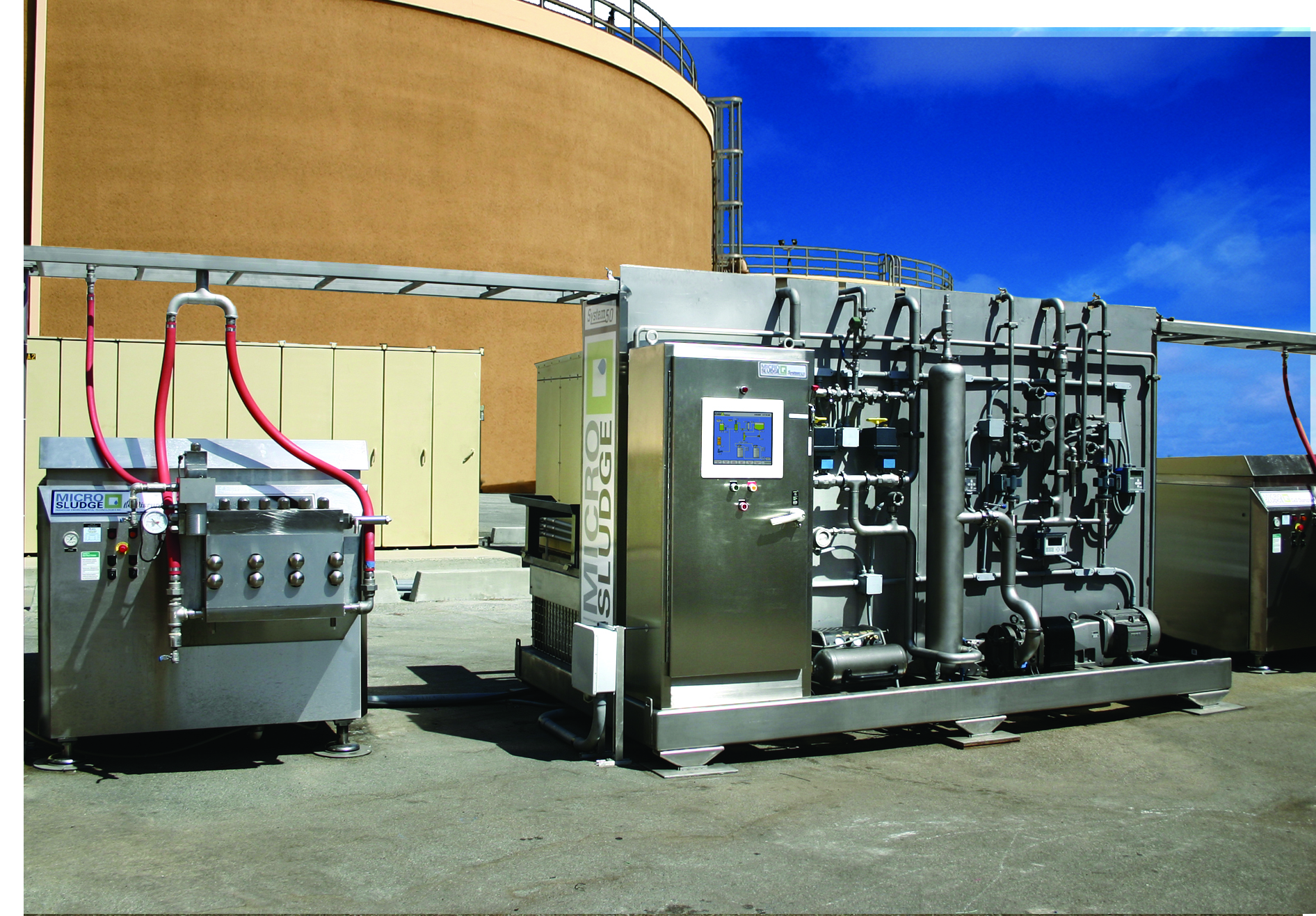The BC Bioenergy Network, a provincially-funded leader supporting the growing bioenergy sector in British Columbia, will fund Elemental Energy Inc. to demonstrate Paradigm Environment Technologies’ MicroSludge and anaerobic digestion at Catalyst Paper’s Crofton-based pulp and paper mill on Vancouver Island.
The $1,500,000 funding complements $2.5 million from Natural Resources Canada and $1.0 million from the BC Ministry of Forests and Range. Significant in-kind contributions to the project have also been committed by Elemental Energy, Paradigm Environmental Technologies, Catalyst Paper, and FPInnovations for a total $6.1-million project budget.
The project involves the establishment of a fully automated transportable demonstration plant that includes a MicroSludge unit, sludge thickening equipment, anaerobic digesters, and a laboratory. The plant will process a portion of the waste activated sludge (WAS) from the mill’s effluent treatment plant to show how it can be turned into biogas, a renewable source of energy. The demonstration will replicate mill operations in order to measure the operating savings at full scale. Installation of the equipment at the Crofton mill, located north of Victoria, is scheduled for early 2011. The demonstration trial is expected to last about 15 months. Following the Crofton demonstration, the transportable plant will be moved to other pulp mills for further trials.
Ken Rekrutiak of Elemental Energy, the project lead, commented on the potential market for the technologies: “The pulp and paper industry is always looking for ways to cut costs and to be more sustainable. If, by using MicroSludge and anaerobic digestion, pulp mills can produce “greener” paper at lower cost and produce renewable energy, that’s an important competitive advantage to all mills.”
“MicroSludge has already been applied at municipal wastewater treatment plants, and now this project will open up a new market for our technology in the pulp and paper sector” said Gordon Skene of Paradigm Environmental Technologies, the Vancouver-based developer of the MicroSludge process. “We’re optimistic that by enabling much faster anaerobic digestion, MicroSludge will prove to be an economically viable and sustainable waste-to-energy process for the pulp and paper industry.”










[…] This post was mentioned on Twitter by Canadian Water, Green Elect. Green Elect said: RT @CanadianWater: BC Bioenergy Network funds MicroSludge demo: http://bit.ly/hEl2FU […]
[…] This post was mentioned on Twitter by Canadian Water, Green Elect. Green Elect said: RT @CanadianWater: BC Bioenergy Network funds MicroSludge demo: http://bit.ly/hEl2FU […]